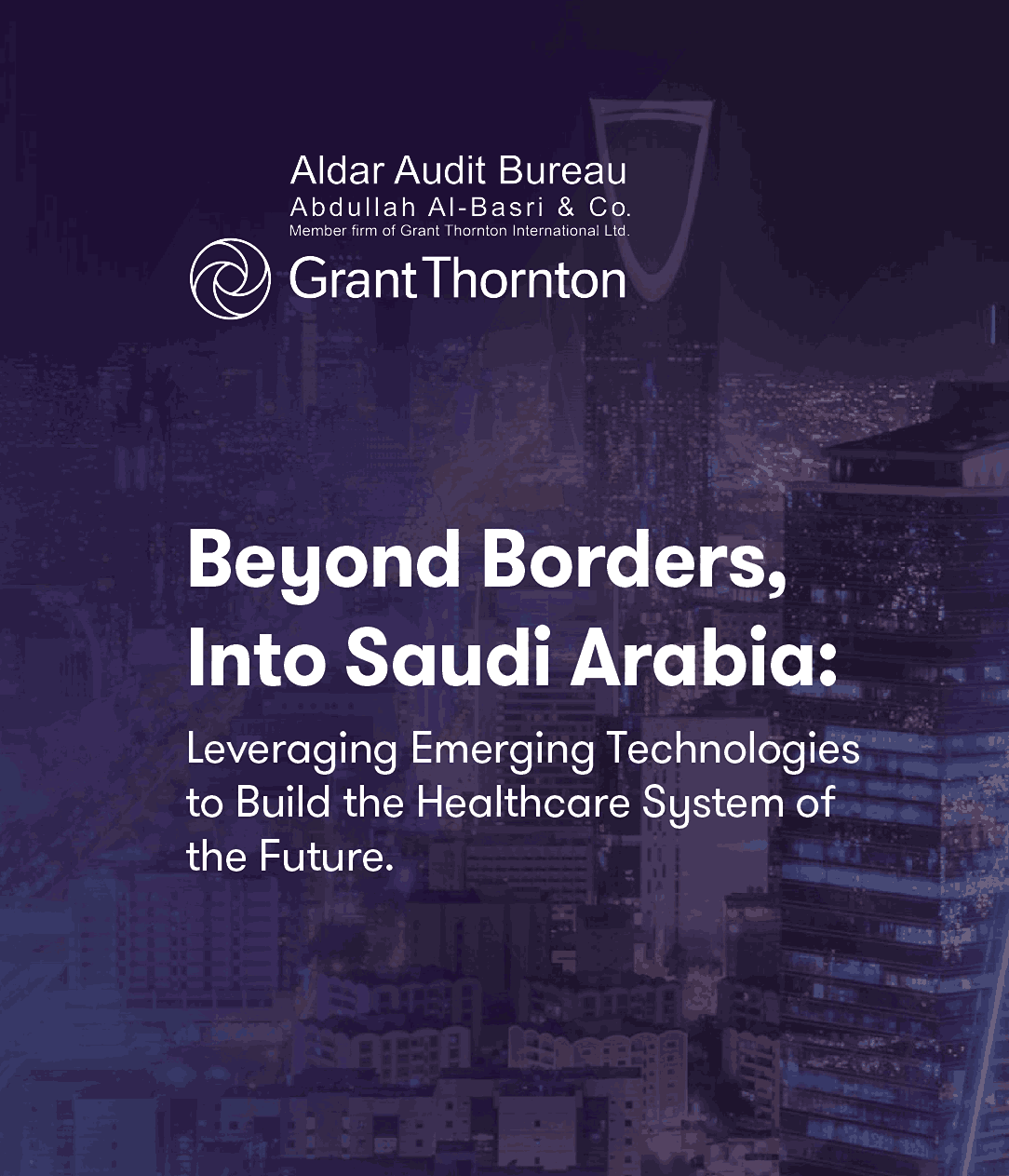
The Kingdom’s dynamic economic reforms, robust regulatory framework, and major infrastructure developments are creating a favorable environment for international companies seeking long-term growth. Key sectors including technology, manufacturing, tourism, and professional services are increasingly attractive, positioning Saudi Arabia as a regional hub for innovation and enterprise.
Success in entering the Saudi market requires more than capital; it demands a clear understanding of the local business landscape, evolving regulations, and strategic engagement with stakeholders. Streamlined processes, strengthened governance, and a national commitment to economic diversification provide both stability and opportunity for businesses ready to expand their global footprint.
The article underscores Saudi Arabia’s emergence as a forward-looking, future-focused market that welcomes new partnerships and international engagement. By leveraging emerging technologies and aligning with national priorities, companies can play a pivotal role in shaping the Kingdom’s next-generation healthcare system and broader economic transformation.

Beyond Borders Into Saudi Arabia
This insight highlights emerging opportunities across technology, healthcare, and key sectors, showing how businesses can navigate the market, leverage reforms, and contribute to the Kingdom’s future-focused growth.